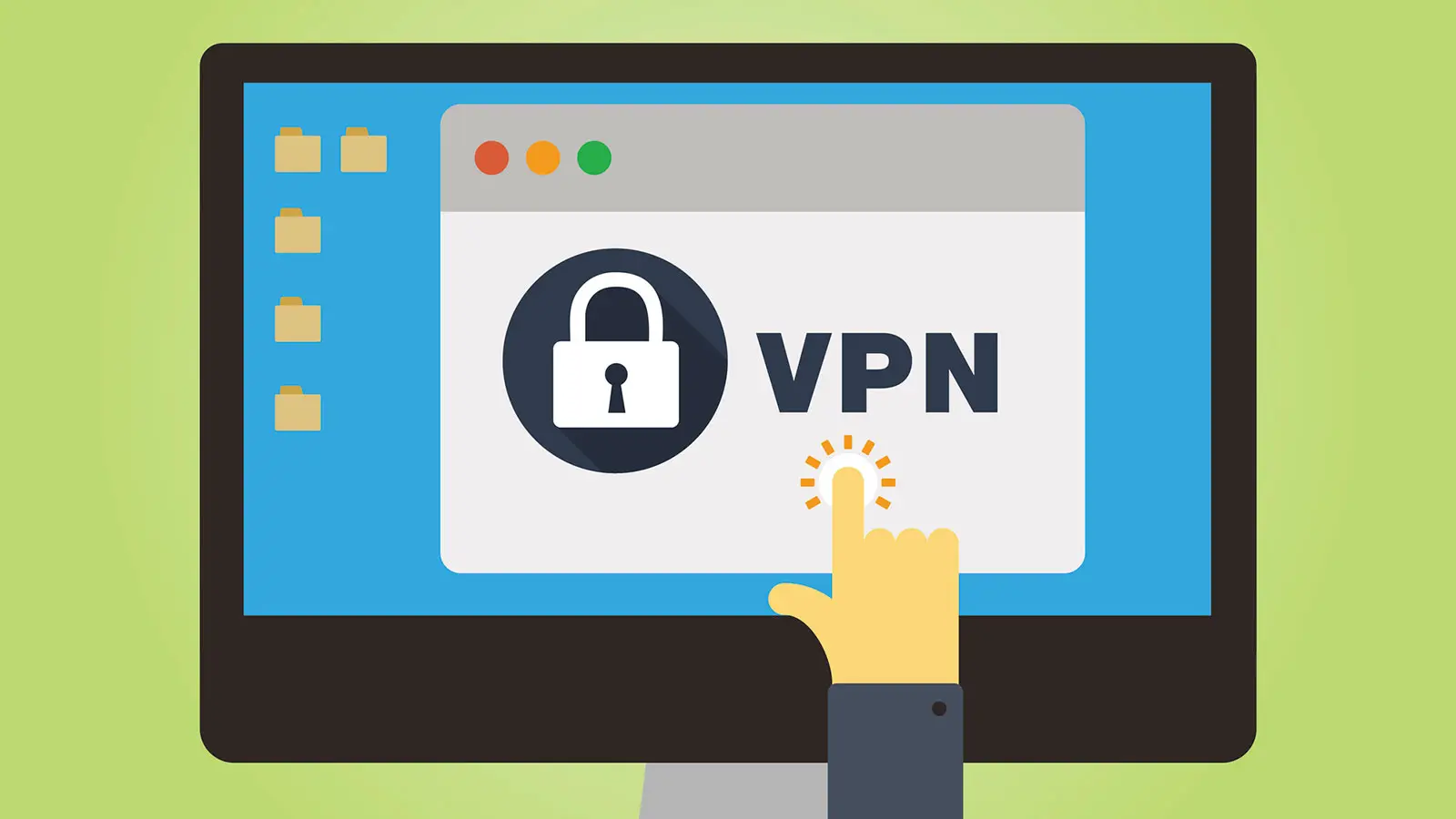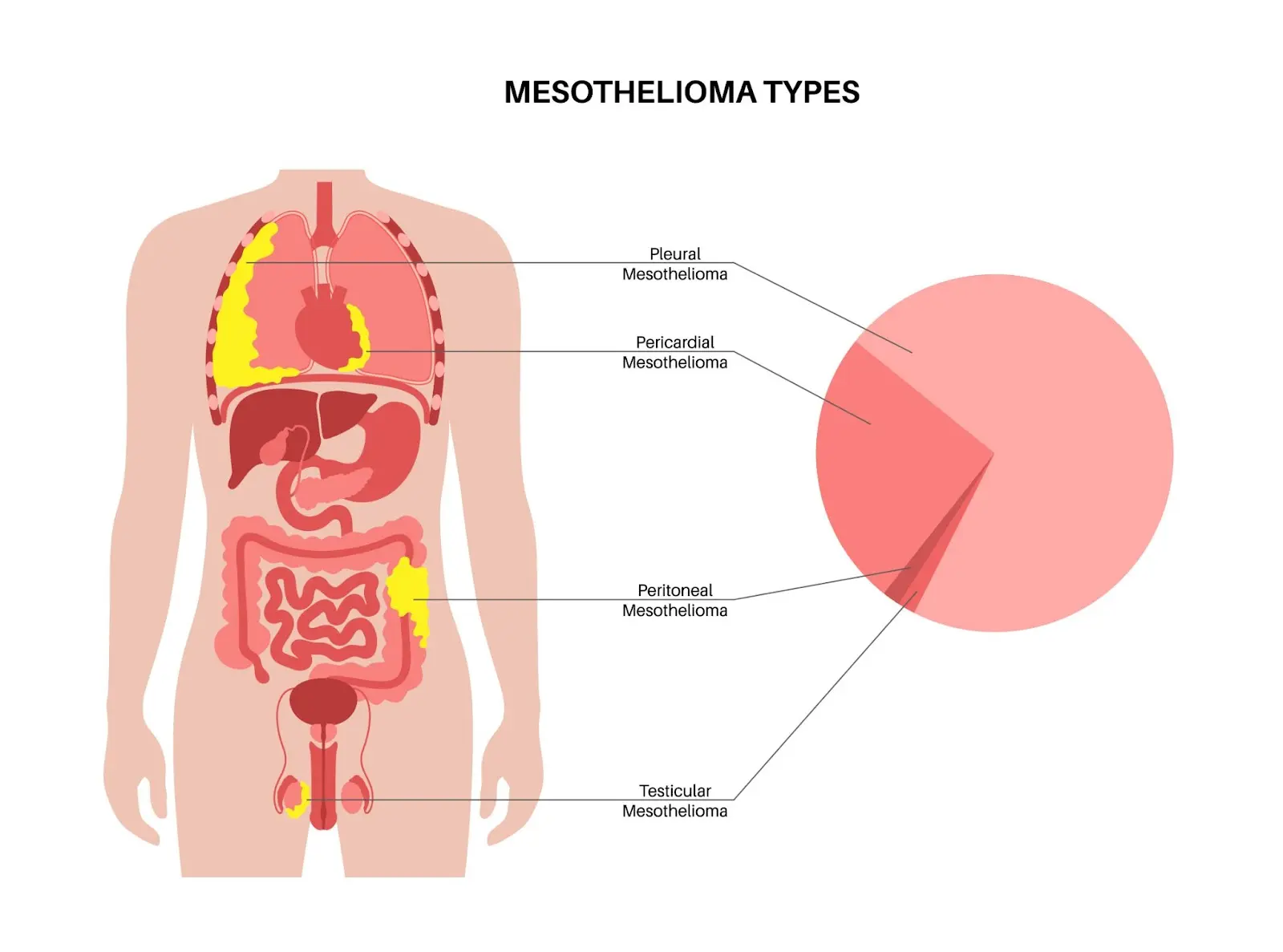What Does a Wedding Planner Really Do? Responsibilities Explained
As we approach 2025, organizations face escalating cybersecurity threats, including AI-powered attacks that leverage machine learning to bypass defenses. Additionally, the emergence of quantum risks poses unprecedented challenges, threatening to render traditional encryption obsolete. Businesses must stay vigilant and invest in advanced security measures to protect sensitive data and maintain trust in an increasingly complex digital landscape.
When it comes to planning a wedding, many couples find themselves overwhelmed by the myriad of details involved. This is where a wedding planner steps in. A skilled wedding planner can be the difference between a stressful wedding planning experience and a smooth, enjoyable journey towards your big day. Understanding the comprehensive responsibilities of a wedding planner can provide clarity on how they can help you. Below, we delve into the primary roles a wedding planner undertakes to ensure your wedding is everything you dream it to be.
Initial Consultation and Budget Management
The journey with a wedding planner typically begins with an initial consultation. During this meeting, the planner gets to know the couple, their vision, and their budget. This crucial step helps the planner understand the couple's preferences and expectations. A good wedding planner will also provide guidance on realistic budgeting, helping to allocate funds to various aspects like venue, catering, and decor. They can assist in prioritizing spending areas to ensure the most important elements are well-funded.
Vendor Coordination
One of the main responsibilities of a wedding planner is to coordinate with various vendors. This includes catering services, florists, photographers, and musicians. A well-connected wedding planner has a network of trusted vendors and can recommend those who fit the couple's style and budget. They will handle negotiations, contracts, and any necessary follow-ups, ensuring everything aligns with the couple's vision.
Venue Selection and Logistics
Choosing the right venue is a pivotal aspect of wedding planning. A wedding planner will assist in scouting suitable venues that meet the couple's criteria and budget. Once the venue is selected, the planner ensures all logistics are in place. This includes setting up timelines for the ceremony and reception, coordinating seating arrangements, and ensuring that all necessary permits are obtained. They will also manage the flow of events on the wedding day itself.
Design and Theme Development
Creating a cohesive design and theme is essential for a memorable wedding. A wedding planner works closely with couples to develop their vision and translates that into a beautiful aesthetic. This involves selecting color schemes, decor elements, and floral arrangements that reflect the couple’s personality and style. They will also ensure that the theme is consistent throughout all aspects of the wedding, from invitations to table settings.
Timeline Creation and Management
A detailed timeline is crucial for a successful wedding day. A wedding planner will create a comprehensive timeline that outlines every aspect of the day, including vendor arrival times, ceremony duration, and reception activities. This timeline helps keep everything on track and ensures that the couple can enjoy their special day without having to worry about logistics.
Day-of Coordination
On the wedding day, the role of the wedding planner becomes even more critical. They act as the central point of contact, managing all vendors and addressing any issues that may arise. From overseeing the setup at the venue to ensuring that the ceremony starts on time, a wedding planner is there to make sure everything runs smoothly. This allows the couple and their families to relax and enjoy the day without stress.
Problem Solving and Crisis Management
No matter how well a wedding is planned, unexpected issues can arise. A skilled wedding planner is trained to handle crises efficiently and calmly. Whether it’s a last-minute vendor cancellation or inclement weather affecting outdoor plans, a planner can quickly devise solutions to keep the day on track. Their experience and expertise are invaluable in navigating these challenges.
Post-Wedding Services
The responsibilities of a wedding planner often extend beyond the wedding day itself. After the event, they may assist with tasks such as returning rentals, final payments to vendors, and even helping with thank-you notes. This ensures that all loose ends are tied up and provides closure for the couple after the event.
Why Hire a Wedding Planner?
In summary, a wedding planner plays a multifaceted role in the wedding planning process. From initial budget discussions to day-of coordination and post-wedding wrap-up, their expertise alleviates stress and ensures a seamless experience. Hiring a wedding planner can ultimately save couples time, money, and a lot of headaches, allowing them to focus on what truly matters: celebrating their love with family and friends.
| Responsibilities | Description |
|---|---|
| Initial Consultation | Understanding couple's vision and budget |
| Vendor Coordination | Handling contracts and negotiations with vendors |
| Venue Selection | Choosing and managing venue logistics |
| Design Development | Creating a cohesive wedding theme |
| Timeline Management | Developing and overseeing the wedding day schedule |
| Day-of Coordination | Managing events and vendors on the wedding day |
| Problem Solving | Addressing unexpected issues with quick solutions |
| Post-Wedding Services | Tying up loose ends after the event |
Choosing to work with a wedding planner can transform the wedding planning process from daunting to delightful. With their expertise and support, couples can create a day that reflects their love story and leaves lasting memories for years to come.
Explore

Free vs. Paid VPNs: What You’re Really Getting

FHA Loans Explained: Who Qualifies and What You Can Buy

Top Online Therapy Platforms for Depression Support

Mesothelioma Treatment Options: What Patients Need to Know

Choosing the Right Health Insurance Plan: A 2025 Guide

Understanding Childhood Asthma: Symptoms, Causes, and Treatment Options

How Sewer Cameras and Locators Improve Plumbing Diagnostics

Selecting the Best Rehab Center: Key Factors to Consider
